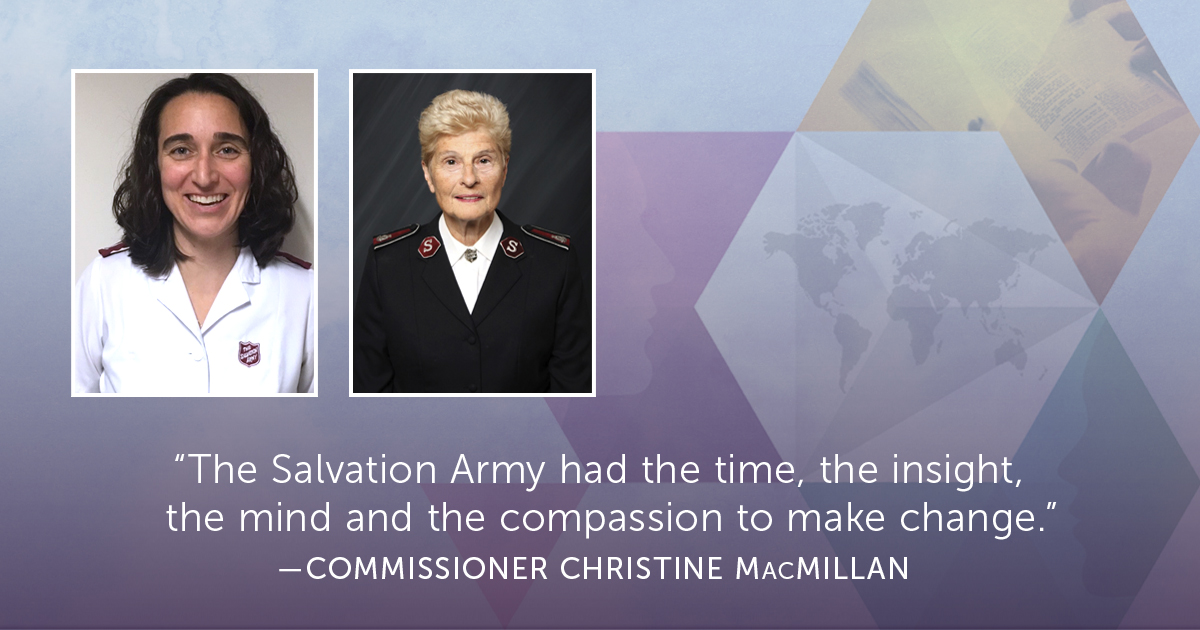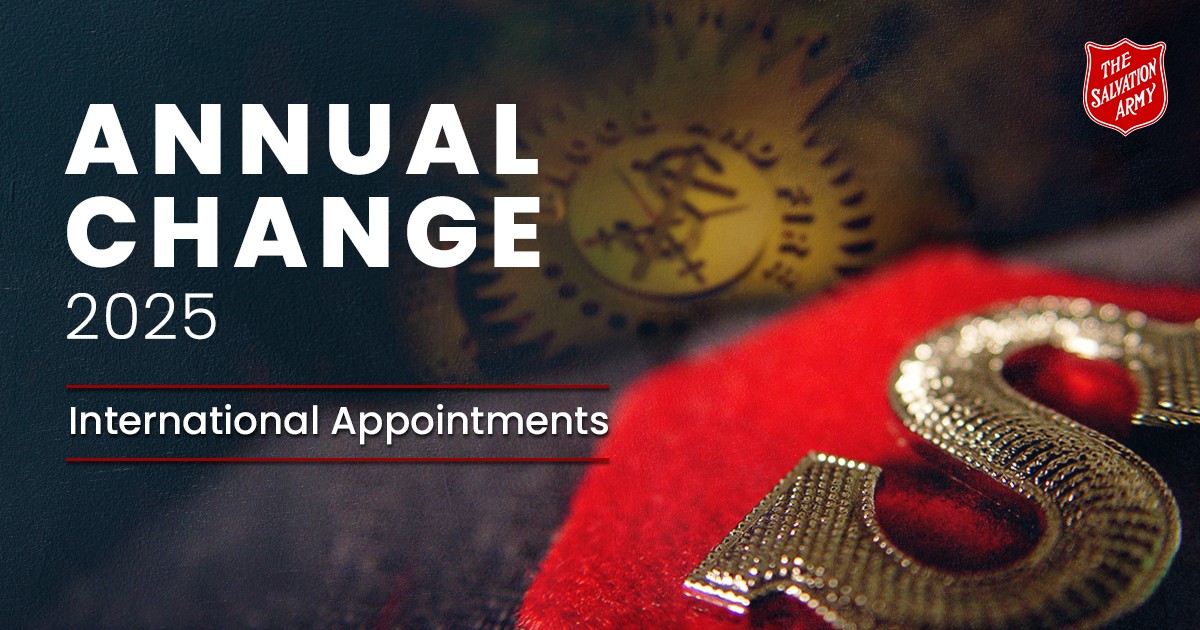During Fraud Awareness Month in March, Major Ray Lamont, territorial modern slavery and human trafficking response co-ordinator, and Commissioner Christine MacMillan, founding director of the International Social Justice Commission, hosted a webinar for the Association of Certified Fraud Examiners called “What’s Human About Trafficking?” The webinar was attended by a wide range of groups and individuals from various sectors including law enforcement, financial institutions, retail, investors, customs agencies and more.
“Modern slavery and human trafficking happens because of the financial drive behind it,” says Major Lamont. “There is going to be interaction with traffickers and exploiters with banks and other institutions. When people in these sectors understand what modern slavery and human trafficking is, and the signs, risk factors and methods of recruitment, it will increase their capacity to spot these situations and be part of ending it.”
Technology, global poverty and globalization have contributed to a “world without borders” that has made human trafficking and modern slavery an international issue, including in the Canada and Bermuda Territory. For more than 150 years, The Salvation Army has continued its efforts toward ending human trafficking at a global level. “The Salvation Army had an integral mission—its faith is intended for the vulnerable,” said Commissioner MacMillan at the webinar, describing the history of the Army’s anti-human trafficking response, beginning in London, England. “The Salvation Army had the time, the insight, the mind and the compassion to make change.”
Major Lamont discussed the importance and significance of The Salvation Army’s continued responsibility to step in and help, offering an overview of trafficking in Canada today, what human trafficking means, what it looks like and why it is done. She described the warning signs and risk factors that increase a person’s vulnerability to trafficking, such as poverty, gender inequality and precarious housing—factors that The Salvation Army aims to improve.
With human trafficking taking place quietly in communities across Canada, the webinar taught participants about the importance of trauma-informed care and understanding the pervasiveness of trauma in all people, not just in the social services offered through The Salvation Army, but in all industries.
“There is a widespread impact of trauma,” says Major Lamont. “We need to operate from a broad understanding that most people we encounter have experienced trauma. We need to recognize the signs and symptoms of trauma and respond by making safer spaces, and integrating the knowledge of trauma into our policies, procedures and practices.
“The Salvation Army has a long history of engaging in protection, prevention, support, advocacy and response efforts to end slavery, human trafficking and exploitation globally,” explains Major Lamont. “It is part of our DNA and who we are as an organization. We have the capacity, experience and expertise to come alongside other organizations, churches and businesses to collaborate to end modern slavery and human trafficking.”










Leave a Comment